Guinea Fowl Eggs – What You Need to Know
This post may contain affiliate links, view our disclosure policy for details.
Learn everything that you need to know about guinea fowl eggs. Where to get them, how they are different or similar to other kinds of eggs, their nutritional value and much more.
Lady Lee’s Notes…
To be honest, I didn’t enjoy raising guinea fowl. Mainly because of the ridiculous amount of noise those creatures make.
But, there are a lot of benefits to keeping guineas… I go over all of those as well as the cons in my post Guinea Fowl – Pros and Cons which you should definitely make sure to read.
When it comes to guinea fowl eggs… They are delicious, rich, and creamy. They are definitely a reason to raise guinea fowl. They might not be as easy to collect as chicken eggs (more on this later), but if you happen to get your hands on some guinea eggs I know for sure that you are going to enjoy eating them.
In the time that I was keeping guineas, I used their eggs the same way that I use chicken eggs. I made them scrambled or in an omelet or made them sunny side up. I used them in casseroles, in baked goods, or to bake challah bread.
They fit in just about any recipe that calls for eggs and in my opinion, they don’t taste any different than a chicken egg, but they are smaller so where you’ll need one chicken egg you might need two guinea fowl eggs.
Basic Information About Guinea Fowl…
Guinea fowl are native to Africa and are actually closer to turkeys than chickens (chickens are a member of the pheasant family while guineas and turkeys have families of their own). They arrived in North America with the early settlers from Europe.
There are three varieties of guineas. The most common is the helmeted guinea. The other two are called vulturine guinea and crested guinea.
However, there are actually seven different-looking types of guinea fowl if we consider different colors. The most common, the breeds that you’ll see farmers and homesteaders keep, are the pearl guinea fowl (grey with white dots) and sometimes you’ll also see the white guinea fowl.
Guinea fowl are larger than your average chicken but smaller than a turkey. They can fly very well, they like to travel as a group, sticking together and even hunting together and sharing the prey and egg nest.

Where Can I get Guinea Fowl Eggs?
Guinea fowl eggs aren’t sold in the supermarket (at least, I’ve never seen them). But there are specialty stores like Chinese markets, for example, that might sell them (the Chinese market in the closest city to me sells quail eggs which I could never find anywhere else…).
You might be able to get them at a farmer’s market or look in your area for a guinea farm. Reach out and ask if they sell guinea fowl eggs. The other option, of course, is to raise guineas yourself.
Raising Guinea Fowl For Egg Production…
If you decide to raise guinea fowl for egg production, here are a few things you should know…
Guinea hens don’t lay eggs year-round. They mostly lay eggs between March to October. Then they take a break for the winter.
Guinea hens lay around 100 eggs in a season.
Guinea hens prefer to lay their eggs on the ground. It’s not easy to keep guinea fowl in a fenced yard. They fly very well, and if they can, they will most definitely fly out of the fence. If you happen to manage to keep them in a fenced area that they can’t fly out of, they’ll probably make their nest on the ground in the coop somewhere.
Many people who keep guinea fowl, keep them because they are amazing at consuming a huge amount of pests, ticks, mice, snakes, and other creatures. They clean the homestead very well. But they can’t do it if they live in a fence and therefore, many homesteaders let their guinea fowl free-range. Where it’s great on the bug control front, it’s not as great on the egg production front…
Well, on one hand, the eggs are much more nutritious, because they free range but on the other hand, it’s hard to find the eggs.
If guinea hens can choose themselves, they will choose to make their nest on the ground in an area protected by vegetation, usually, it means in the bushes or in tall grass somewhere.
They often share the nest with other hens and they wait a long time until they go broody. Sometimes a nest will be as large as 40 eggs before a hen will start sitting on it.
This means that you do have some time to look for the nest, yet, you’ll have to spy on them or just go for a walk in the bushes in order to find the eggs.
So the bottom line is… You can let them free-range which means the eggs will be much more nutritious but it also means that you’ll have to hunt for the eggs, or you can keep them in a fenced yard they can’t fly out of which means that it will be much easier for you to find the eggs but the eggs won’t be as rich (and also, you lose a free cleaning crew…).
They don’t really need a coop. Guinea fowl are not as domesticated as chickens are. They prefer to make their nests on the ground and roost in the trees at night. However, if you keep them in a fenced area that they can’t fly out of, or if you raise them in a cold climate (with snow) then they’ll probably appreciate it if you make sure that they have shelter (check out my pallet wood chicken coop!).
Just like chickens, a guinea hen will lay for two to three years. She might keep laying after that but her egg production will be much lower.
If your hens live in a fenced area that they can’t fly out of, you should feed them the same feed laying chickens get. Make sure the feed that you choose is high in protein, at least 16% protein.
just like chickens, yes. They will lay without a rooster, but if you want your eggs to be fertile so you can hatch them there must be a rooster present.
It is extremely difficult to sex guinea fowl. If you get your guinea keets from a hatchery (local or online) you are probably going to get a mix of male and female keets simply because guinea keets don’t really come to their gender until they are eight weeks old. You can learn more about guinea fowl hens and roosters in this article.
Once your guineas are older and it’s easier to identify the males from the females, the best ratio is one rooster for six or so hens.
If you have too many roosters they will probably fight with each other often.
How do Guniea Eggs Look Like?
Guinea fowl eggs are brown with faint freckles, smaller and pointier than a normal chicken egg, and hard as rocks.
Even though the eggs are smaller, the yolk inside of them is as large as most chicken egg yolks. That means that the yolk/egg whites ratio is higher which means that the eggs are very rich in protein and other nutrients (this is mainly because guinea fowl are usually free-range).
How Guinea Fowl Eggs Are Different or Similar to Other Eggs?
- Smaller – smaller than regular chicken eggs.
- Harder – the shell of guinea fowl eggs is really hard. This is a good thing in my opinion. First, if you have little helpers around the farm, there is less of a chance that the eggs will break on their way to the kitchen. If you are selling guinea eggs, there is less of a chance that the eggs will break in transport.
- Taste just like chicken eggs – personally, I don’t notice any difference in the taste between a chicken egg and a guinea fowl egg.
- Richer – guinea fowl eggs have a higher yolk-to-egg whites ratio.
- Healthier – I’m listing that just because guinea fowl usually free-range. When they free-range and hunt high-protein bugs all day, their eggs are really healthy. You notice it by the deep orange yolk.
- Used just like chicken eggs – you can use them in any recipe that calls for eggs. Just take into consideration that they are smaller so you might need to use two eggs instead of one.
Nutritional Value of Guinea Fowl Eggs…
Guinea eggs are high in protein, rich in fat (the good kind), have a low value of carbohydrates, rich in calcium, and have a high value of zinc. They are a great and very healthy addition to any diet.
Selling Guinea Fowl Eggs…
Selling guinea fowl eggs might be a nice way to make some additional income. They are not easily found in markets and I think that people these days are open to trying new kinds of food.
You can sell them straight from your home or at farmer’s markets. Since they are a specialty you might even be able to charge a higher price than the usual $3-5 chicken eggs are sold for but that will depend on your market and if your guineas free-range.
Another option is to sell fertilized eggs to farmers and homesteaders who want to incubate them and hatch their own guineas.
Hatching Guinea Fowl Eggs…
As far as hatching. If you want to use some of your fertile eggs to hatch new guinea keets, you have three options…
- Collect and incubate – you can collect the eggs and incubate them indoors. Once the keets hatch, you’ll have to raise them just as you would raise chicks only instead of chick starter feed use turkey starter. In my post Raising Cornish Cross I go over how to raise chicks indoors. You will follow the exact same process.
- Let the guineas do the work – a guinea hen should go broody at some point if you leave her nest alone and let the eggs pile up in there. I have to admit that I have never had a guinea go broody. I once found a nest in the bushes that had almost 60 eggs in it and still, none of the hens were sitting on it.
But they are wild and should have all the right instincts so they should go broody. Just know that they are not the brightest creatures and not the greatest mothers… They are known to forget their young here and there in the tall grass and they don’t protect them well from predators. - Add the guinea fowl eggs to a chicken nest – this can easily be done if you raise a breed of chickens that go broody. I raise Black Australorps and they are great mothers. I can easily stick a few more eggs under a broody hen. Silkies are also known to hatch other birds’ eggs. It takes keets 26 days to hatch. Once they do the mother hen will take care of them as if they are her own.
All right! I hope this post gave you some valuable information about guinea fowl eggs. They are definitely special, a little hard to get, healthy, and tasty. And as you can see, aside from eating them you can also sell them or hatch new keets which you can raise or sell.



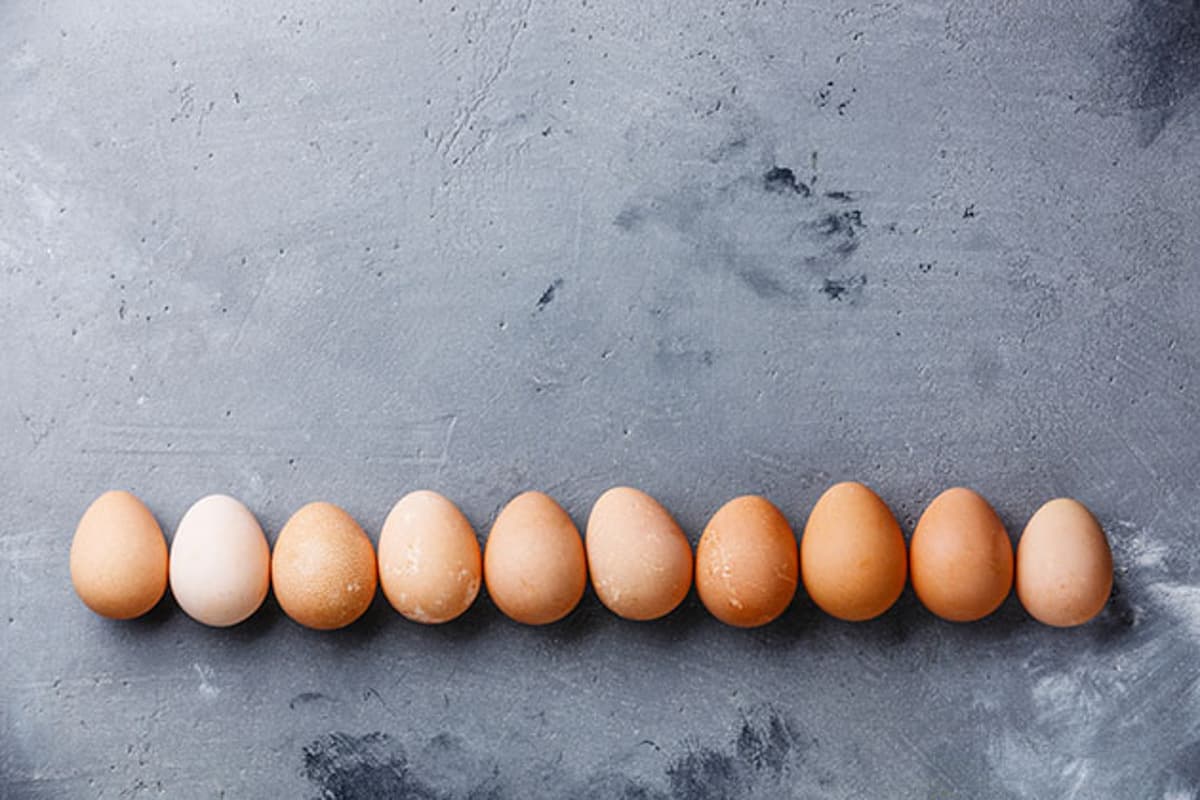
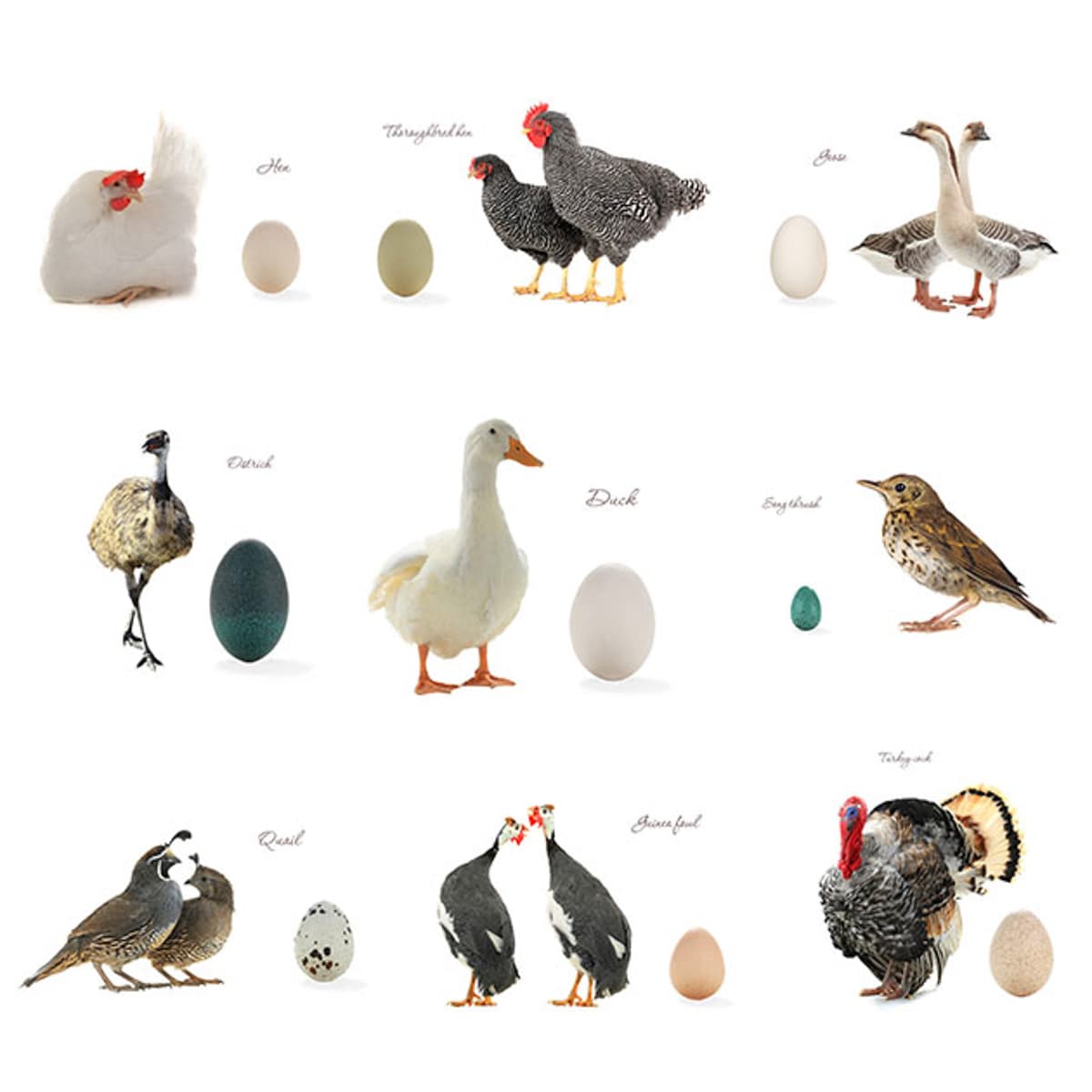
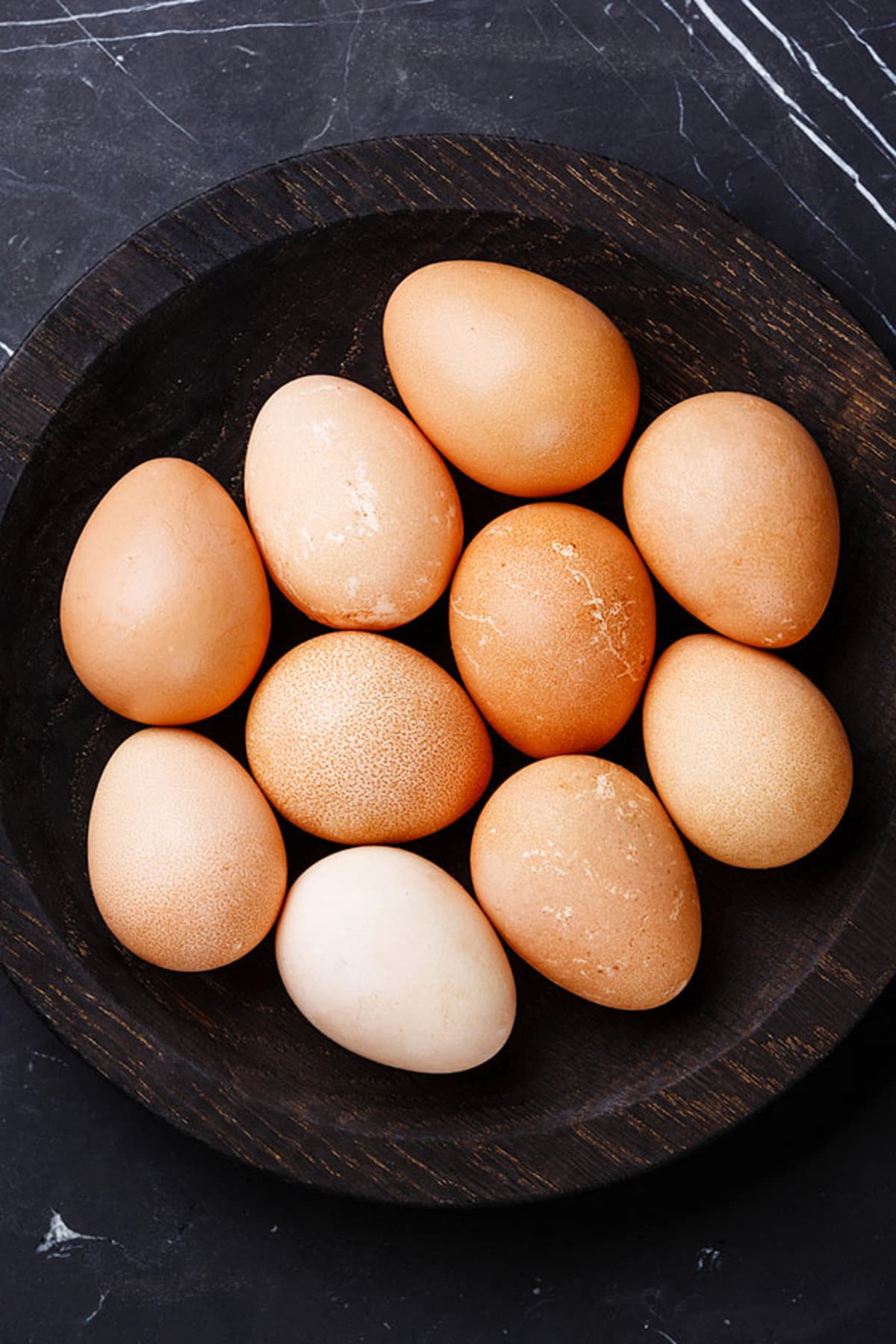
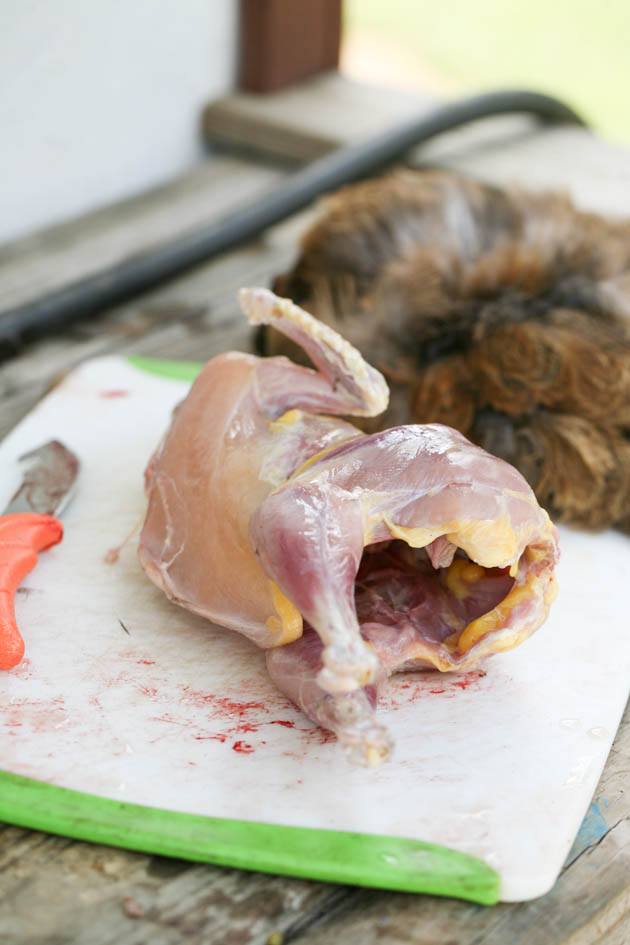
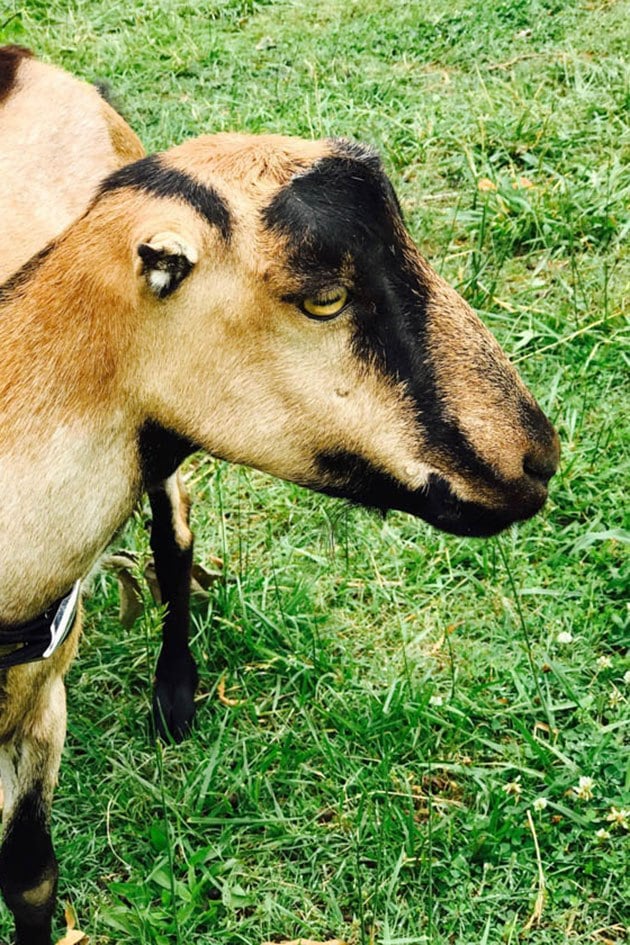
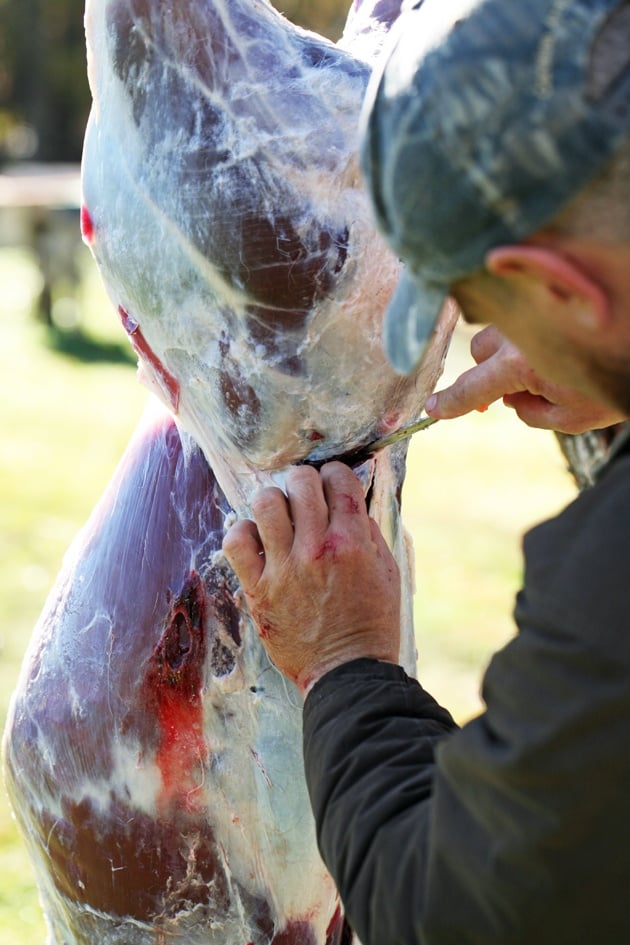
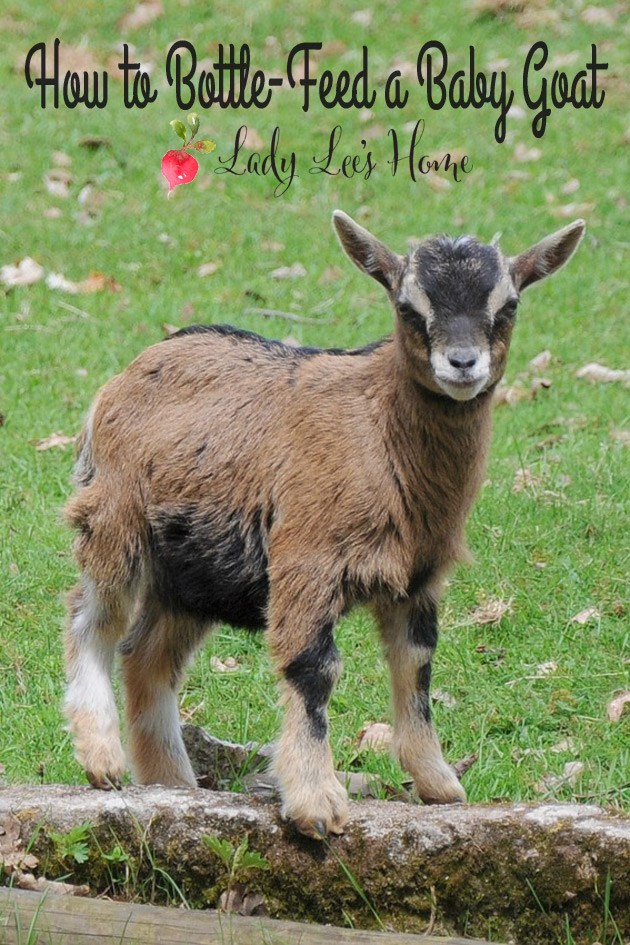
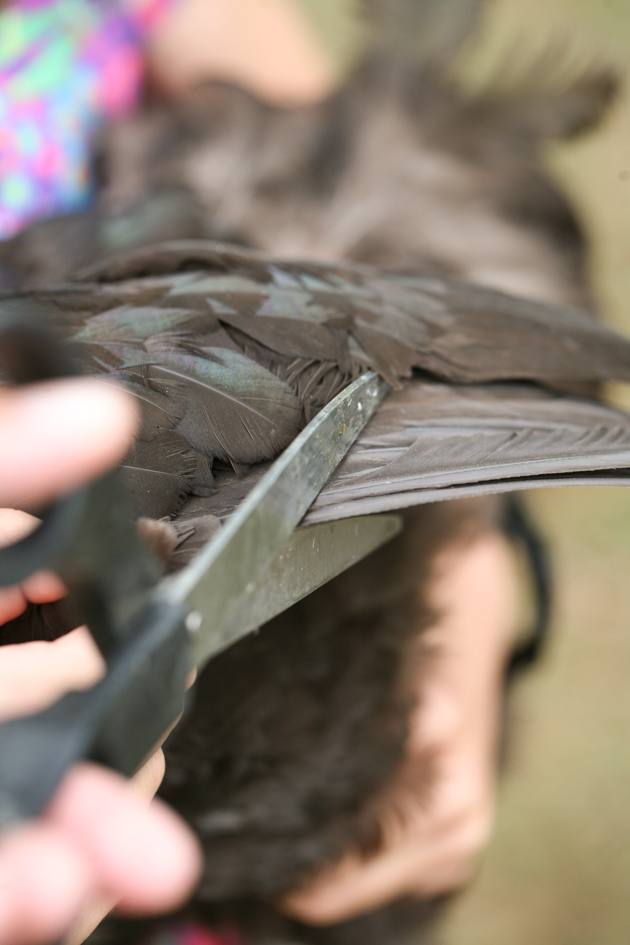
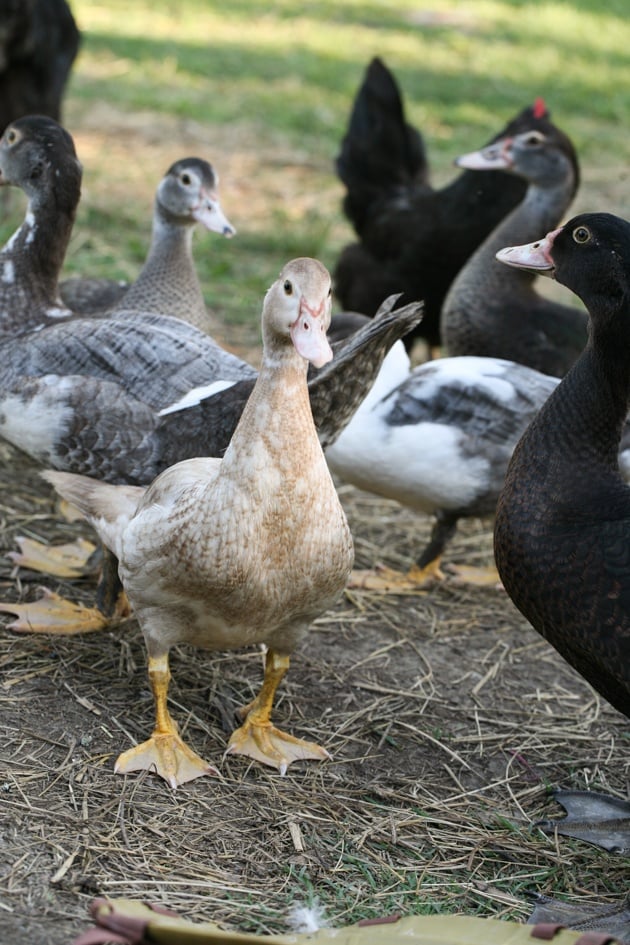
Just found your site and Enjoyed the guinea info, I have white guineas some jst started laying & the eggs are much smaller the than my speckled birds! They are much smaller than banty egg! Any idea why???
Give them a couple of weeks! When they just start laying the eggs can look a bit off but their body adjust to it and they become normal usually pretty quickly. If they don’t, then you might need to adjust their feed.
My neighbor has guinea fowl and I love that they come and visit. Today I was working in the back woods adding fallen branches to one of my many piles and found a nest with 9 eggs! Just now, the fowl came back and one went into the nest. I can’t wait to go see if I now have 10!
How do you know if the egg is too old to eat safely?
Very much appreciated the information you shared.
Hi Linda. This is exciting!
The rule with eggs is that if they float in water they are not good to eat.
So take your egg and place it in a bowl of water. If it floats, it’s too old.
If it sinks to the bottom it is good, If it roll up on one end it is going bad!!!
Very informative a good read
Happy it was helpful! Thanks for stopping by.
Great info on Guinea’s.
I bought 4 today, ( 4 weeks old from a friend)
I’m looking forward to raising them. She also gave me 12 eggs, which I may very well place under a persistent broody hen I have.
I have 80 hens, 6 turkeys and goats, horses etc. All free run. The goats live so happily with all the poultry. I’m hoping the Guinea’s fit in well.
Shall I clip their wings? They will have 2 acres of mature woodland to forage and a huge aviary/ coop to reside at night with old spruce trees inside to roost! It’s electrified to prevent coyotes/ bear etc. I’m in Alberta, western Canada.
Ps… I lived on a few kibbutz and moshav in the 90’s in Israel. Best time of my life.
If you want her to stay in the pasture, you can definitely clip her wing. It’s hard to predict these creatures. Sometimes they prefer staying close to the rest of the birds but then one day you can find them wondering somewhere.
I am writing this response to you from a kibbutz 😉 Visiting my brother. It’s a very special place! I’m glad that you had the chance to experience it and that you liked it.
Thanks for sharing this post. After a long time, such a post has been seen, it is a very interesting subject, people like it. When someone shares this kind of article, the mind is happy Thank you for this article.
You are welcome!
I am 22 years old and an agripreneur in the Philippines, my enterprise is Guinea Fowl production, and your article is very helpful to new ideas and insights about guinea fowls. I am new to this business but I see the potential of this guinea fowl in the market in this coming year as I take care a whooping 100+ guineas now, and a 130+ eggs is still in the incubator while my guinea hens continue to lay eggs. Hopefully there is also a post on how to differentiate the genders of keets in 1 month old. Thanks!
Good luck with your new business!
I’m hinting of getting guineas for eggs, and found this article very helpful. I love having happy, free-range hens!
Just for the record, however, the eggs are probably Not higher in protein than chicken eggs, regardless of being free-range. The very highest quality protein for us (humans) is albumin, which is almost all in the egg White. So, I would be very surprised if having more yolk and less white resulted in more protein instead of less.
I am a retired clinical nutritionist and professor in healthcare.
Thanks so much for this information. I’ll have to do a bit more research. Thanks!
Thank you for all the information on guinea eggs!
You are welcome!